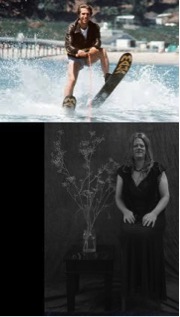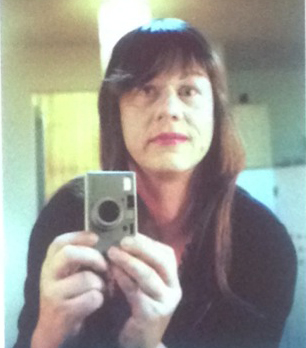|
|
)
 
VOLLMANN THE SHARK BY DONNIE BOMAN
|
|
|
|
)
 
VOLLMANN THE SHARK BY DONNIE BOMAN
|
|
Whoa! What? No ubiquitous social media icons at the bottom of
the page? WTF?
(OK, here's our twitter
and goodreads.
Note: antique lit sites like this one don't "like" Facebook.)
Powered by Netscape Composer, FileZilla, and Failsafe Intuition